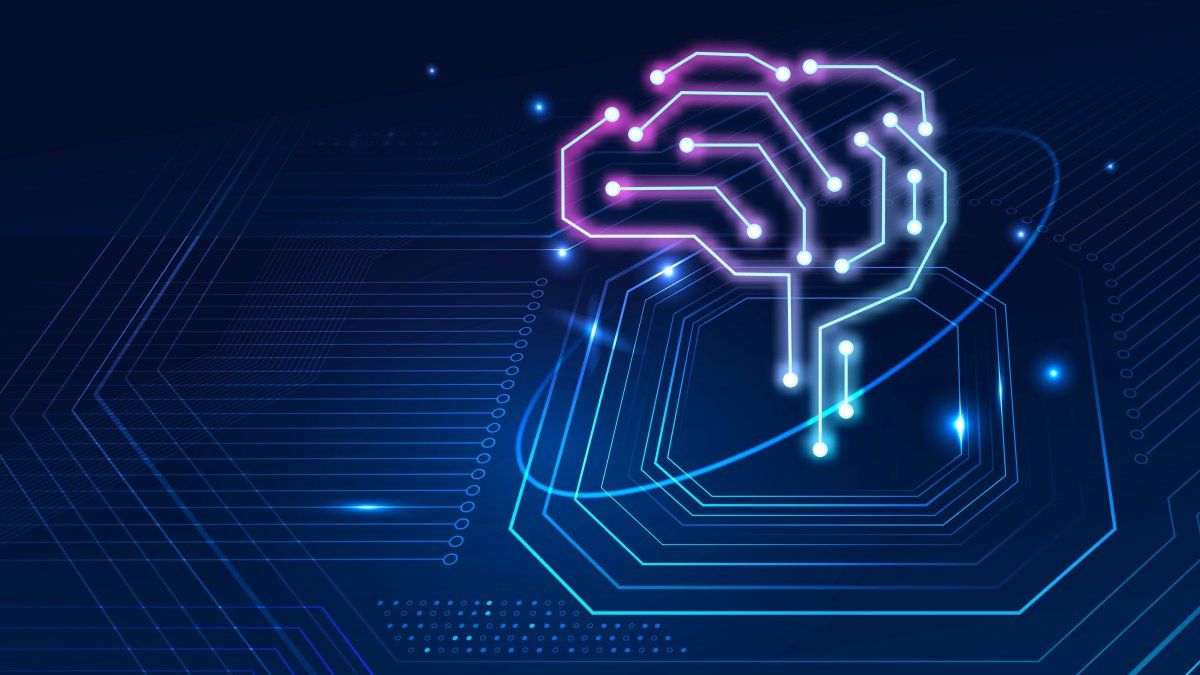The global agent market artificial intelligence (AI) It continues its dizzying growth, projected to go from US$5.1 billion in 2024 to US$47.1 billion in 2030, with a notable compound annual rate (CAGR) of 44.8%.
AI is transforming industries such as customer service, finance and cryptocurrency, improving efficiency, security and personalization. Regulatory challenges persist, but customizing agents for specific sectors opens new growth opportunities.
This growth is driven by advances in technologies such as natural language processing (NLP) and machine learning, which allow AI agents to handle more complex and contextual interactions.
AI agents, designed to perform specific tasks or make decisions in real time, are transforming industries such as customer service, healthcare, finance, and business automation. Thanks to tools such as “customizable agents”, companies can create solutions adapted to their particular needs, increasing their operational efficiency.
Adoption of multi-agent systems, which collaborate to solve complex problems, is also on the rise, especially in industries such as transportation, financial services, and autonomous systems.
Regionally, North America leads the market due to its advanced digital infrastructure and investment by companies such as Google and IBM in AI solutions. However, Asia-Pacific shows the fastest growth, driven by accelerated digitalization and government support in countries such as China and Japan.
María Fernanda Juppet, CEO of CryptoMKT explained that artificial intelligence agents are transforming the crypto world comprehensively, from trading to the user experience. Its ability to analyze large volumes of data in real time optimizes investment decisions, reduces risks and improves efficiency in key processes, such as fraud detection and regulatory compliance.
Pablo Rutigliano, founder of Atómico 3, added that the data collection base of AI must be deeper, especially considering the vast amount of information available on the network. It is essential that AI reflects and compares various data so that it can identify the true creators. In other words, it is necessary to prevent the network from being monopolized, especially with regard to entities that are currently developing artificial intelligence.
The impact of AI in the world of cryptocurrencies
The impact of AI is also deeply felt in the cryptocurrency industry. AI models are being used to analyze real-time market data, optimize investment strategies, and forecast fluctuations in digital asset prices. Additionally, these technologies are strengthening the security of exchanges through fraud detection and transaction monitoring systems.
The integration of AI with blockchain enables the development of more advanced smart contracts, increasing efficiency and reducing risks in digital transactions.
Despite its benefits, the market faces significant challenges, especially related to data privacy regulations. The need to handle large volumes of personal information raises regulatory concerns that hinder the scalability of AI agents, particularly in highly regulated sectors such as healthcare and finance.
However, opportunities continue to expand. Customizing AI agents for specific roles in sectors such as legal and healthcare is emerging as a promising field.
Sebastian Reyes, Chief Analytics Officer of Vita Wallet stated “We could say that the impact has to do with the greater speed in improving existing products that support cryptocurrencies and blockchain and creating new ones faster, all thanks to technologies and/or strategies that can be developed through AI.”
These agents can optimize tasks such as drafting legal documents or monitoring regulatory compliance, offering tailored solutions to meet specific demands.
The AI agent market remains a key driver in global digital transformation, not only facilitating business automation but also driving the growth of innovative sectors such as cryptocurrencies.
As these technologies become more deeply integrated into various industries, their economic and operational impact is expected to become even more significant in the coming years.
Source: Ambito
David William is a talented author who has made a name for himself in the world of writing. He is a professional author who writes on a wide range of topics, from general interest to opinion news. David is currently working as a writer at 24 hours worlds where he brings his unique perspective and in-depth research to his articles, making them both informative and engaging.




